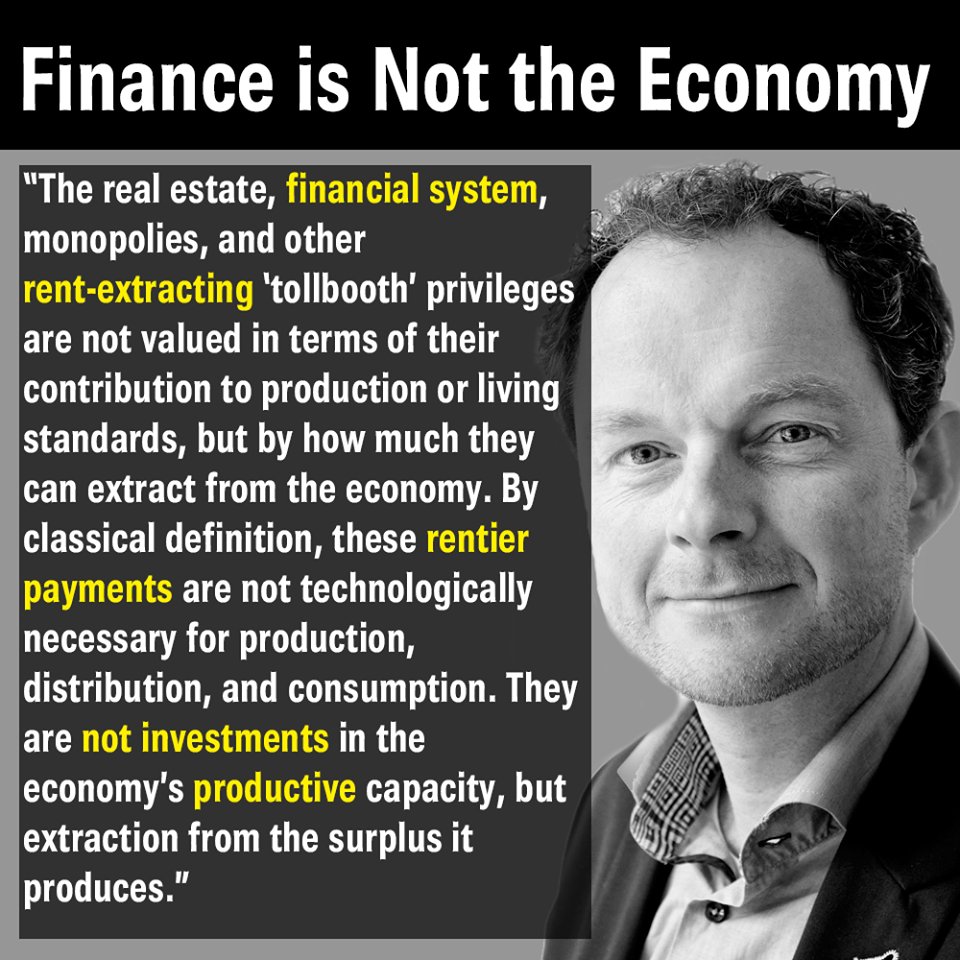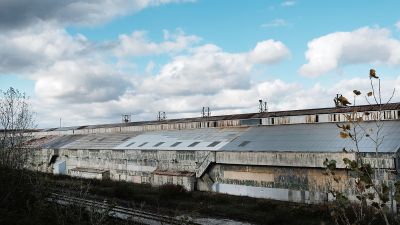1989
Well-Known Member
Sounds like a lot of Jim Casey quotes. Call it what you want, mondrangon is still a corporation.And he wanted to—first of all, before to create the cooperative, he went to the biggest company in Mondragon to—with the directors, telling to give the possibility to all the workers to be part in management, in profits and being ownership. That was 1955. They didn’t assent him, and for that reason he pushed to some workers to set up their own cooperatives where everybody can participate in management, in profits and being ownership.
...The idea was—and it is—that the workers, everybody, has to be the director or has to be the entrepreneur or has to be the person who makes the decision and not to work for anyone. So we have to part—we have to have parts in management, in profit and being ownership. That is the most essential idea. Before, there were a lot of ideas of the Catholic Church innovate to humanize the factories, to humanize the industrialization at that times. But Father Arizmendiarrieta was—went more than only humanizing. So he wanted to give the power to decide the future each one, not depending from another manager or another capitalist."
What is their pay/benefit structure?
Is it the same pay in all their businesses?
How much do they pay to buy in?
You should work there and get yourself on the board.



